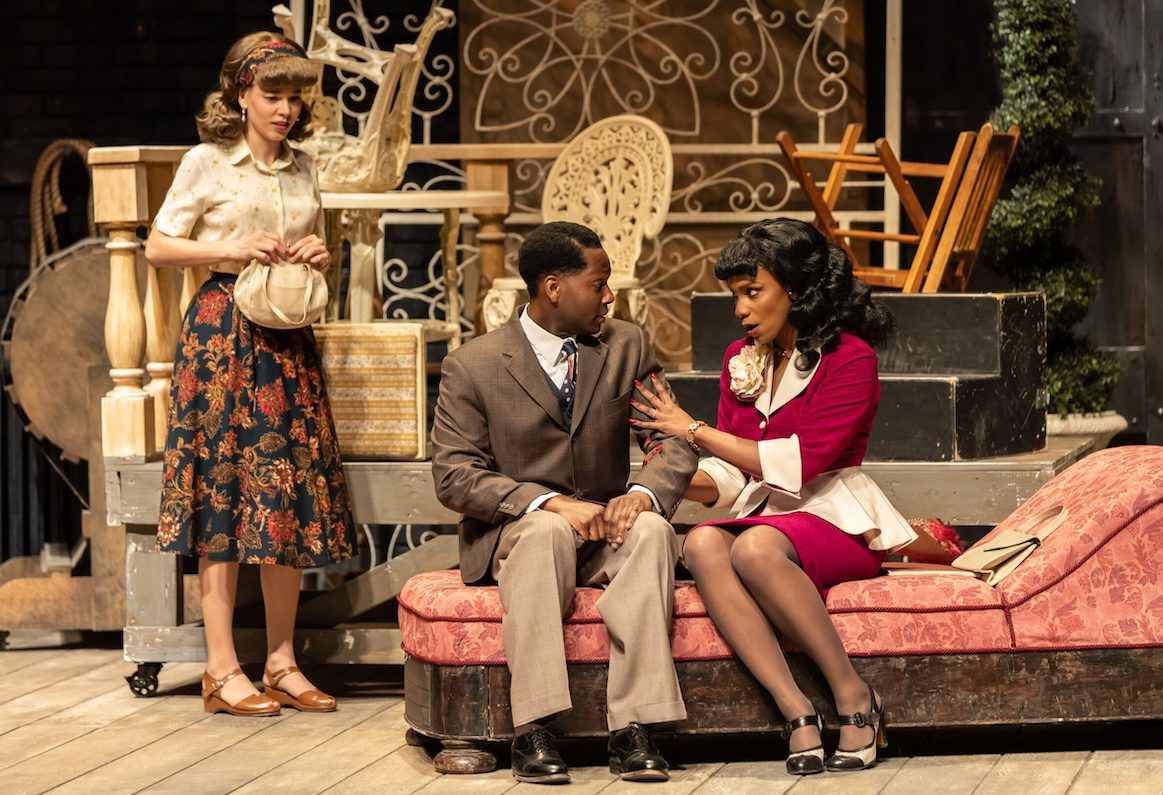Cherissa Richards doesn’t remember a specific moment she became an actor, but she remembers when she became a director. The Winnipeg, Manitoba, native studied theatre at the University of Winnipeg, went to the National Theatre School in Montreal and got her Masters of Fine Arts Degree in Theatre at York University. From there she spent years as a Toronto-based stage, film and TV actor, before returning to Winnipeg six years ago to start the off-stage section of her career.
“I was never interested in directing,” Richards says. “But I had been working on a show that was about to be produced in Winnipeg, and they asked me if I wanted to direct it. I said, ‘Oh, god no, I’m not director, I’m an actor.’ But I decided I’d give it a try, and I just loved it.”
Richards specifically loved being at the centre of all the different elements of making a play — from set design, to audio and wardrobe — and serving a group of artists “to help build this beautiful thing” before all of their eyes. “That’s the thing that really hooked me as a director, and I never looked back. After I directed that first show, I went to the artistic director and said, ‘So what do I direct next?’ and he said, ‘Now you go learn how to be a director.’”
She’s learned how to direct well over the years, including her current project, Trouble in Mind, a co-production between the Royal Manitoba Theatre Centre and the Citadel Theatre in Edmonton. “[Co-producing] is what a lot of theatres are doing now. Doing art is expensive, and it’s a great way to get shows running across the country.”
The play is about a troupe of actors in the 1950s rehearsing their own show (Chaos in Belleville) together. The audience gets a behind-the-curtain peek of all the hijinks and madness that happen backstage as a backdrop to the story of the main character, Wiletta Mayer, who speaks up against her play’s white director. “She’s a Black woman in the ‘50s who is used to kowtowing her whole career, which has been mostly small parts in frivolous shows, until this point, where she has a big lead in a big show. She goes on a journey of what it is to step up, find her voice, exercise her rights and claim her identity and place in this room.”
